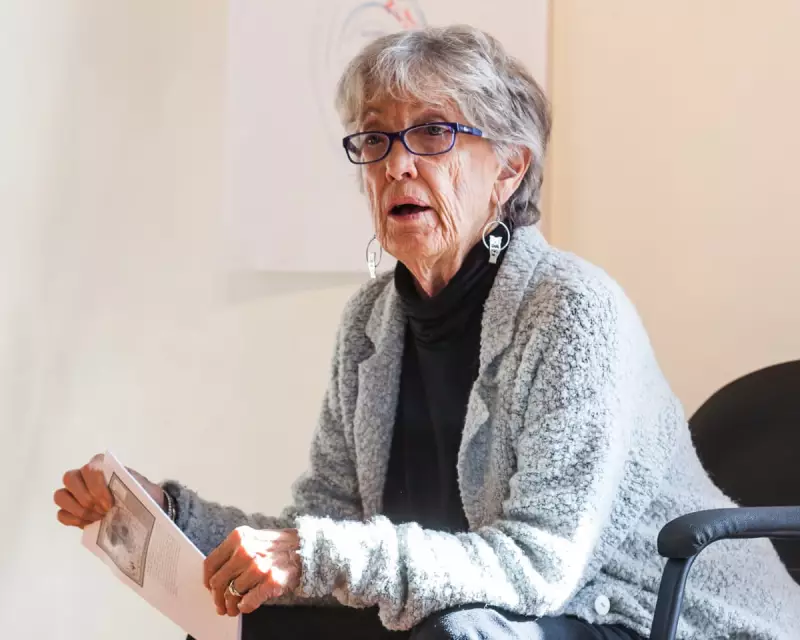
The global environmental and philosophical communities are in mourning following the death of Joanna Macy, a seminal figure in deep ecology and systems thinking. She passed away on 12th August 2025, at her home in California, leaving behind a legacy that has fundamentally altered how humanity perceives its role within the living world.
The Architect of 'The Work That Reconnects'
Macy was best known for developing 'The Work That Reconnects,' a groundbreaking framework of practices designed to help people confront the escalating ecological crisis without succumbing to despair. This work empowered countless individuals to transform their grief and anxiety for the world into collaborative action and resilience.
A Life of Scholarship and Activism
Her journey was as diverse as it was impactful. Fluent in multiple languages, she began her career with the CIA in the 1950s but soon turned towards academia and activism. Her PhD from Syracuse University laid the groundwork for a career that would seamlessly weave together Buddhism, general systems theory, and deep ecology.
Macy's influential books, including 'Despair and Personal Power in the Nuclear Age' (1983) and the co-authored 'Thinking Like a Mountain: Towards a Council of All Beings' (1988), became essential reading for a generation of environmentalists. She argued passionately that personal and planetary healing were inextricably linked.
A Lasting Legacy for a Wounded Planet
More than just a theorist, Macy was a fearless activist. Her arrest at the age of 91 during a climate change protest became a powerful symbol of her lifelong commitment. She taught that active hope is a practice, not a mere sentiment—a lesson that continues to inspire climate movements worldwide.
Joanna Macy is survived by her children and a global network of students and practitioners who continue her 'Work That Reconnects.' Her passing marks the end of an era, but her profound teachings on interconnectedness offer a vital roadmap for navigating the challenges of the 21st century.





